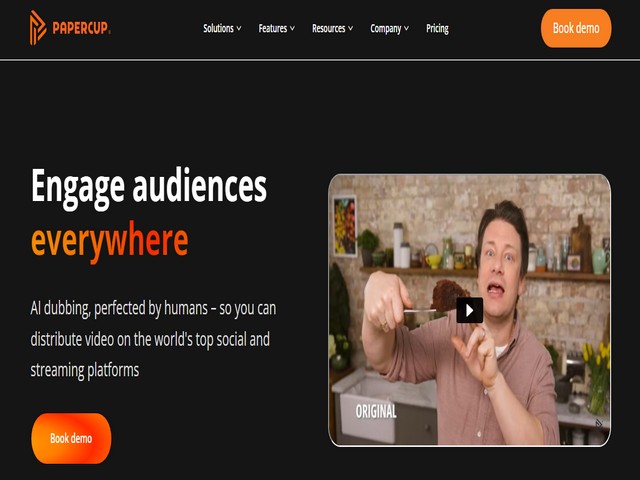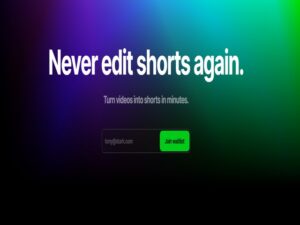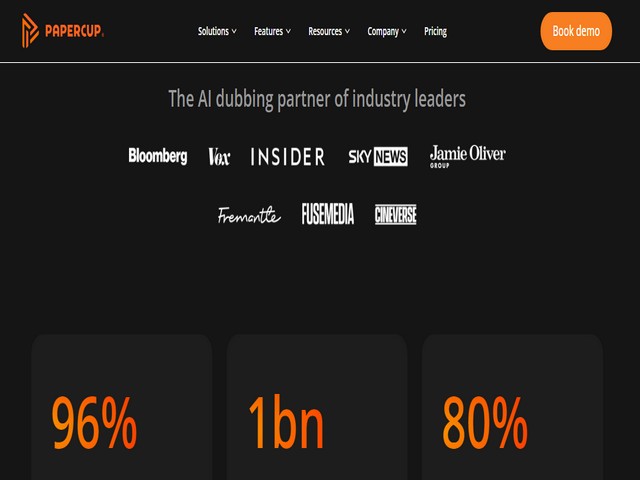
AI Dubbing Tools: Enhancing Video Accessibility for Diverse Audiences
In today’s digital world, videos are everywhere. However, what about those who speak other languages? Papercup and other AI dubbing tools are changing that. They understand statements said in videos in other languages. This makes videos easier to watch and enjoy for more people, regardless of region.
This article examines the operation and significance of AI dubbing tools. They listen to the words in a film, interpret their meaning using modern technology, and then speak the words in a different language. It functions similarly to an international video translator!
We’ll see how significant an impact AI dubbing tools like Papercup are having. They facilitate the sharing of teachings between schools and students abroad. Additionally, they are expanding the global audience for movies and TV series.
We’ll discover the fascinating technology that powers these instruments, such as how computers are used to recognize and speak many languages. We’ll also learn how AI dubbing technologies are reducing language barriers and fostering human connection through video, therefore making the globe a smaller, more welcoming place.
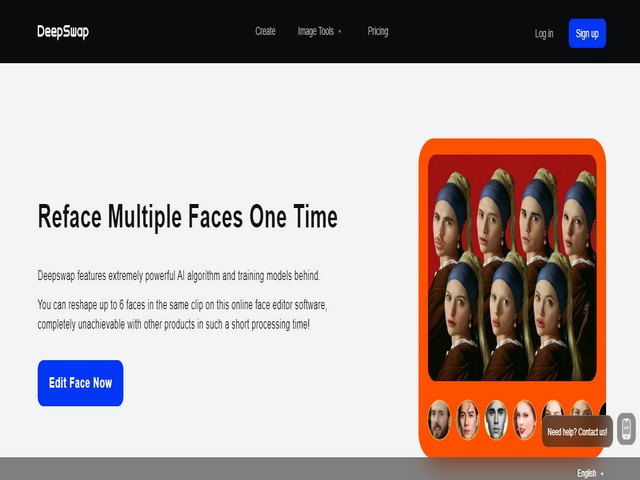
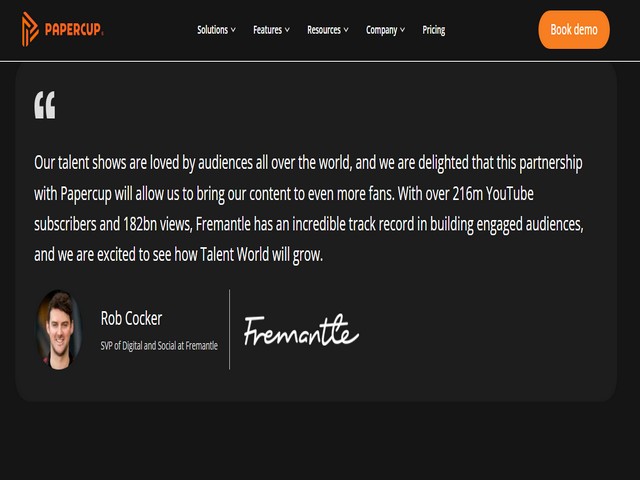
Breaking Language Barriers: The Rise of AI Dubbing Tools
In today’s interconnected world, AI dubbing tools are emerging as powerful solutions to overcome language barriers in video content. These tools use advanced algorithms to automatically translate spoken words in videos into multiple languages, making them accessible to a diverse global audience. By providing seamless dubbing capabilities, AI dubbing tools enable content creators to reach new markets and engage with viewers who speak different languages. The increasing demand for multilingual content underscores the importance of these tools in promoting cultural exchange and fostering inclusivity in the digital age.
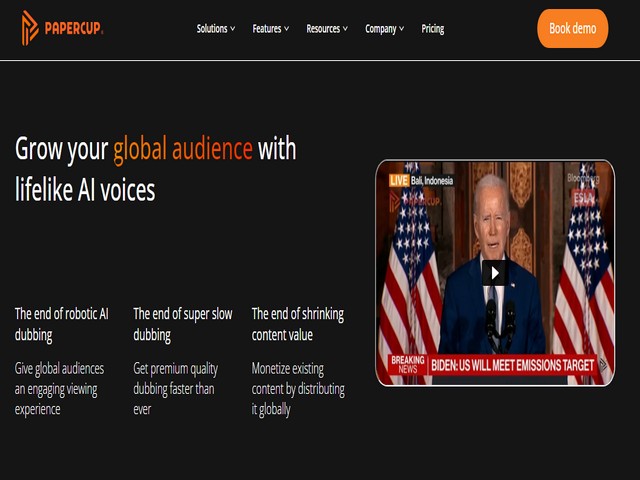
The Power of Accessibility: Transforming Video Content
Accessibility is a fundamental aspect of video content that ensures everyone, regardless of language or ability, can engage with and understand the message being conveyed. AI dubbing tools play a pivotal role in transforming video content into accessible formats by providing accurate translations of spoken dialogue. This not only enhances the viewing experience for individuals with language barriers but also opens up new opportunities for content creators to expand their reach and impact. By embracing accessibility, video content becomes more inclusive and resonates with a broader audience, reinforcing the power of communication to transcend linguistic boundaries.
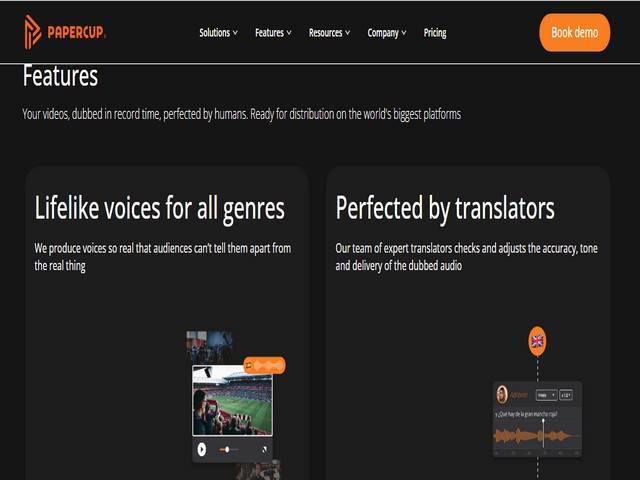
Behind the Scenes: How AI Dubbing Works
AI dubbing works through a sophisticated process that involves several stages, including speech recognition, language translation, and audio synthesis. First, the tool listens to the spoken words in the video and transcribes them into text using speech recognition technology. Next, the text is translated into the desired language(s) using advanced machine translation algorithms. Finally, the translated text is converted back into speech using text-to-speech synthesis, ensuring natural-sounding dialogue in the target language(s). This seamless process enables AI dubbing tools to accurately translate video content into multiple languages, making it accessible to a global audience.
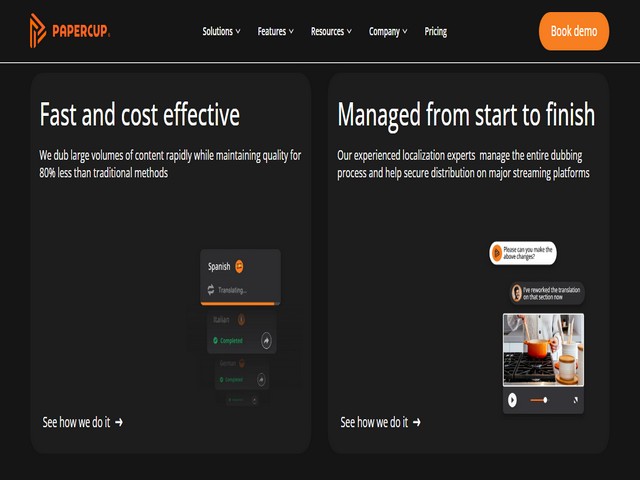
Education without Borders: AI Dubbing in Learning Materials
In the field of education, AI dubbing has revolutionized the way learning materials are delivered and consumed by students worldwide. By leveraging AI dubbing tools, educators can translate educational videos, lectures, and course materials into multiple languages, breaking down language barriers and facilitating access to quality education for diverse student populations. This approach promotes cultural exchange and global collaboration, enriching the learning experience for students and educators alike. From language learning to subject-specific instruction, AI dubbing enables educational content to transcend geographical boundaries, empowering learners to pursue knowledge without borders.
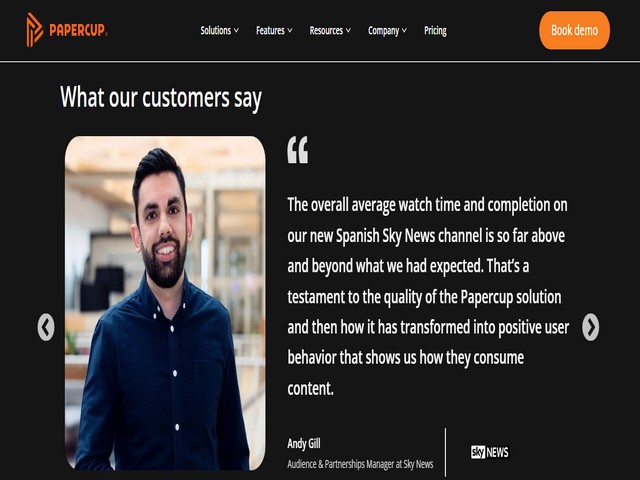
From Hollywood to Global: The Impact of AI Dubbing in Entertainment
AI dubbing has had a transformative impact on the entertainment industry, particularly in the localization of movies, TV shows, and digital content for global audiences. By providing accurate translations of dialogue and voiceover narration, AI dubbing tools enable content creators to reach new markets and engage with viewers from diverse cultural backgrounds. This localization effort enhances the accessibility and inclusivity of entertainment content, making it more relatable and engaging for audiences worldwide. From blockbuster films to streaming platforms, AI dubbing has become an indispensable tool for bridging linguistic divides and fostering cross-cultural appreciation in the entertainment landscape.
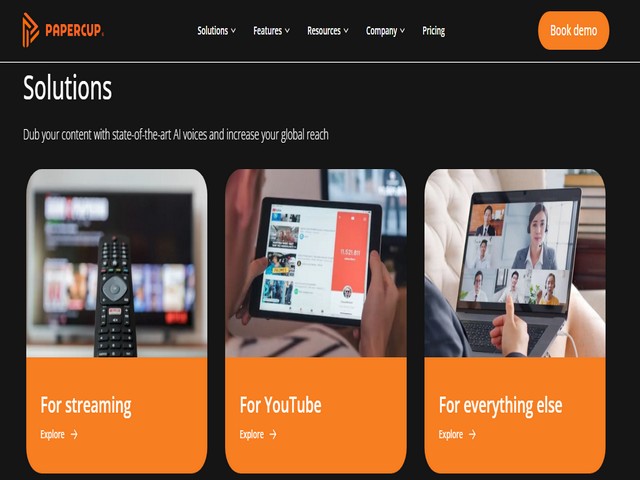
Cutting-Edge Technology: Innovations in PaperCup AI Dubbing
Recent advancements in AI technology have fueled innovations in the field of dubbing, paving the way for more accurate, efficient, and natural-sounding translations of video content. New developments in machine learning, natural language processing, and speech synthesis have enabled AI dubbing tools to achieve unprecedented levels of accuracy and quality in translation. Real-time dubbing, personalized voice synthesis, and adaptive learning algorithms are among the cutting-edge technologies driving the evolution of AI dubbing. These innovations not only enhance the user experience but also expand the possibilities for content localization and accessibility in an increasingly interconnected world.
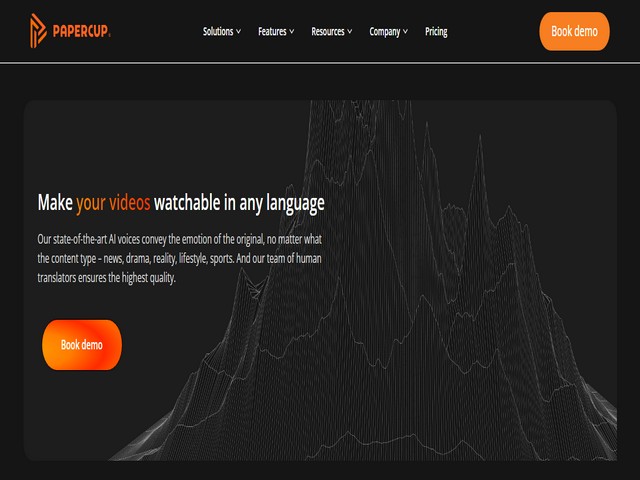
Overcoming Challenges: The Future of Accessible PaperCup Video
While AI dubbing holds immense promise for enhancing video accessibility, it also presents several challenges that must be addressed to realize its full potential. These challenges include ensuring accuracy and quality in translation, preserving cultural nuances and context, and addressing technical limitations in speech recognition and synthesis. Moreover, the ethical implications of AI dubbing, such as privacy concerns and bias in translation, require careful consideration. Moving forward, collaboration between technology developers, content creators, and regulatory bodies will be essential to overcome these challenges and shape the future of accessible video content responsibly and inclusively.
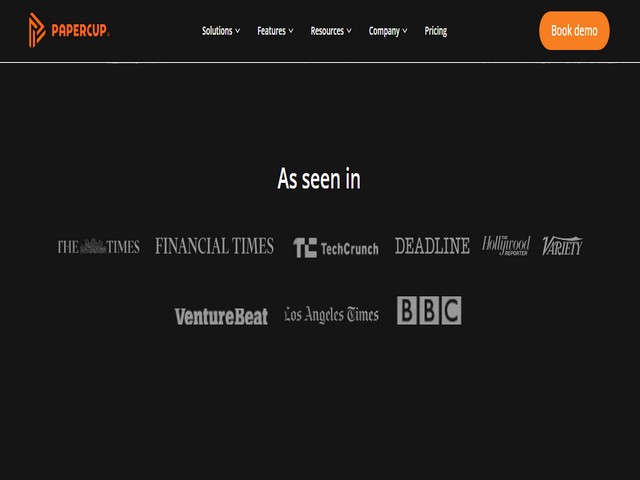
Conclusion: Embracing Diversity through AI Dubbing
In conclusion, AI dubbing represents a transformative force in promoting accessibility, inclusivity, and cross-cultural communication in the digital age. By breaking down language barriers and making video content accessible to diverse audiences, AI dubbing tools empower content creators to reach new markets and engage with viewers from around the world. As technology continues to evolve, the future of accessible video content holds great promise for fostering understanding, empathy, and connection across borders. By embracing diversity through AI dubbing, we can create a more inclusive and equitable digital landscape where everyone has the opportunity to share their voice and story.
